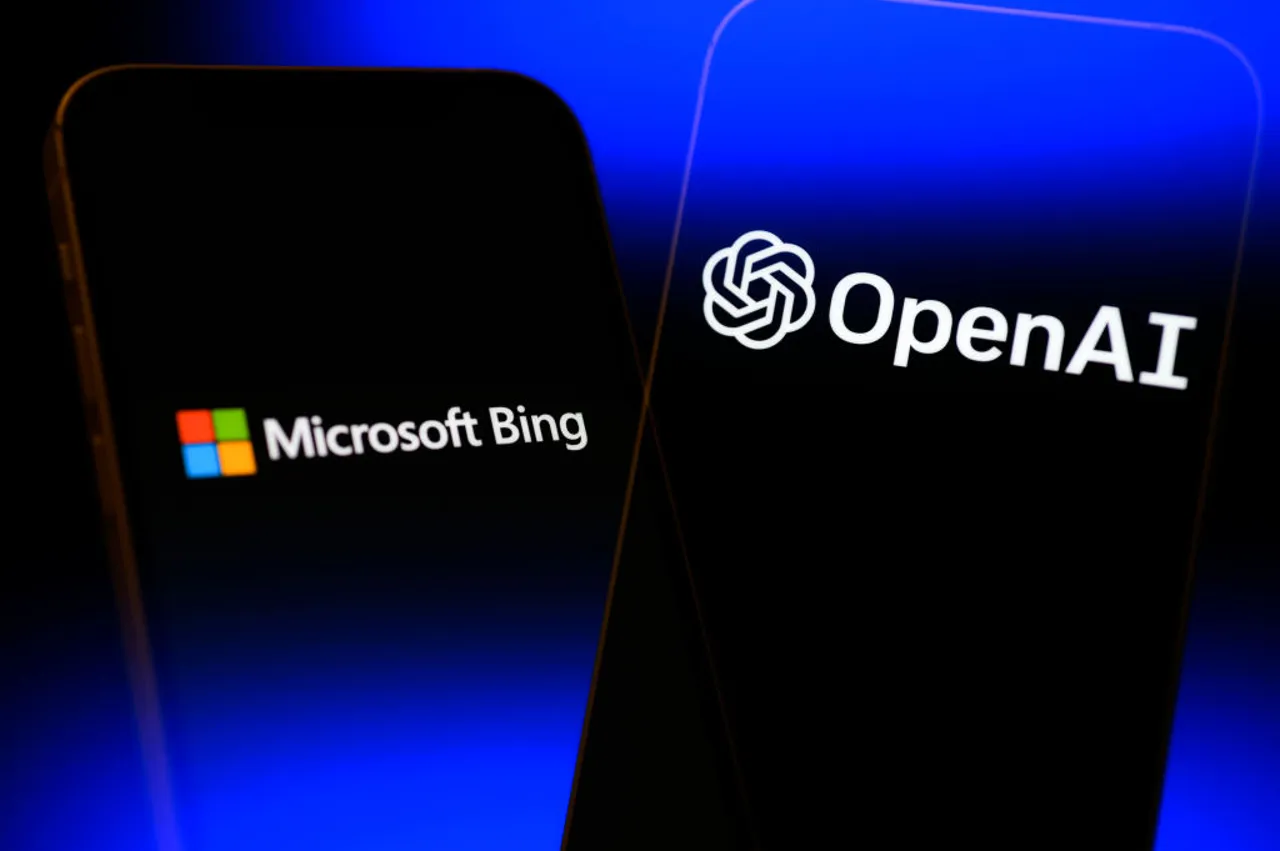There’s an all-out AI arms race happening right under our noses. This as big tech companies rush to develop their own versions of highly capable chatbots.
But mostly, it’s Google vs Microsoft – or ChatGPT vs the newly launched Bard Ai, powered by the controversial LaMDA, which I covered extensively amid fears that the system was displaying signs of sentience.
READ MORE: Top 10 Stressful Jobs of 2023
Microsoft, having learned hard lessons when it comes to complacency, has shown determination to not lag behind. Especially when it comes to generative AI technology. The company already invested billions into OpenAi, the company behind ChatGPT, which Microsoft now plans to integrate into some products.

Bing there, done that!
But it’s the steroid-like upgrades to it’s search engine Bing, that has Google most worried. Microsoft claims it is going to be unlike any search engine currently available. The New Bing will run on a next-generation language model Microsoft calls the “Prometheus model”.
READ MORE: [LISTEN] Use this to close the gap in your long distance relationship
It is designed specifically for search purposes and fitted with a chat extension. It will help improve the relevancy of answers, cite answers with specific web links, and promote better understanding of geolocation.

Google scurrying to keep up
The idea is to make searching a lot more personal and accurate. Google is not taking this lying down – leaping into action after ChatGPT skyrocketed to the fore, declaring an internal code red in the face of an obvious threat to it’s search business.
CEO Sundar Pichai immediately redirected several teams at the company to develop and launch their own AI products. The resultant Bard has already been opened up to Google’s “trusted testers” and a so-called lightweight version will be made widely available to the public in the coming weeks.
Google will have to step on it, as OpenAi has already announced a successor called ChatGPT-3.5, which is what will be powering the new Bing.
READ MORE: Mosquitoes – your worst experiences
What does this mean for consumers?
The way online search works has remained fundamentally the same for years and this so called arms race is likely to revolutionise it.
We will soon have faster, more-digestible information at our fingertips, after asking natural questions in our own words – rather than trying to guess which keyword-combination might be most effective.
You’ll be able to refine it, and there literally won’t be a thing these technologies will not be able to answer. You can go check it out at bing.com … and there’s already an Afrikaans option.

I haven’t even told you about the Chinese company Baidu and their AI Ernie chatbot yet. But that’s a developing story, which I will post about once they release Version-1 and geeks have had a chance to play around with it.


